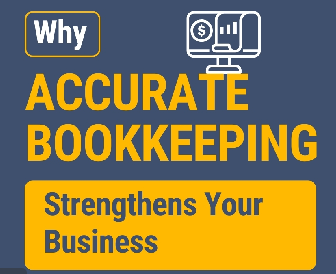Accurate financial records are the cornerstone of effective tax planning. Businesses that fail to maintain clean books often face flawed projections, mismanaged deductions, and heightened audit risk. Maintaining proper bookkeeping guarantees that income, expenses, and assets are correctly tracked, allowing a tax consultant to develop precise strategies and reduce compliance exposure. Companies that integrate reliable bookkeeping with professional guidance from a CPA gain clarity, confidence, and the ability to make informed tax decisions year-round. …
Why Clean Books Are the Foundation of Smart Tax DecisionsRead More »















